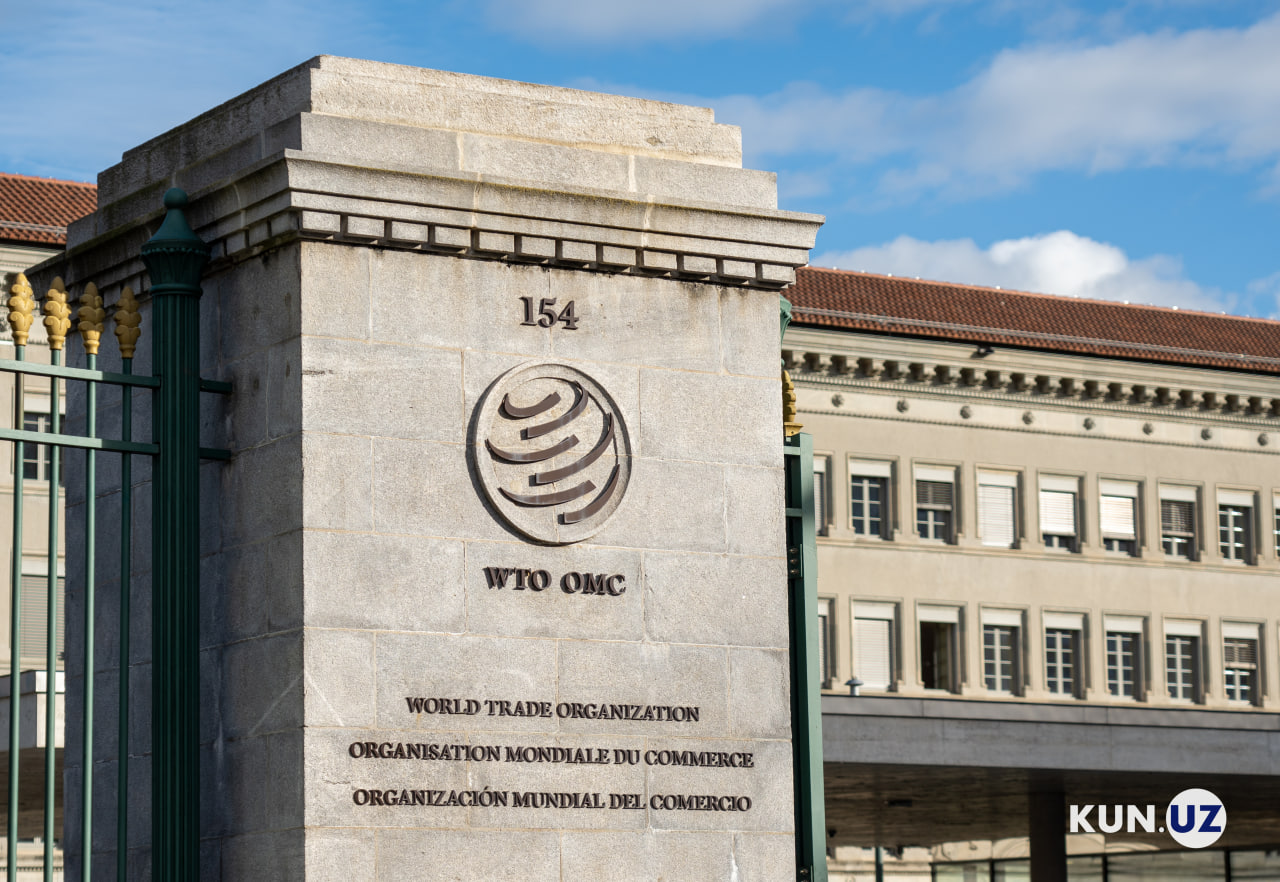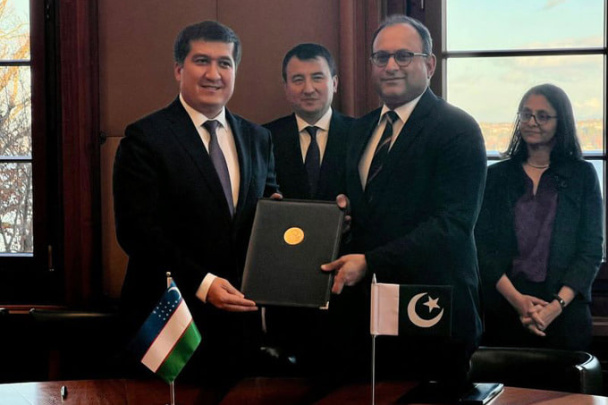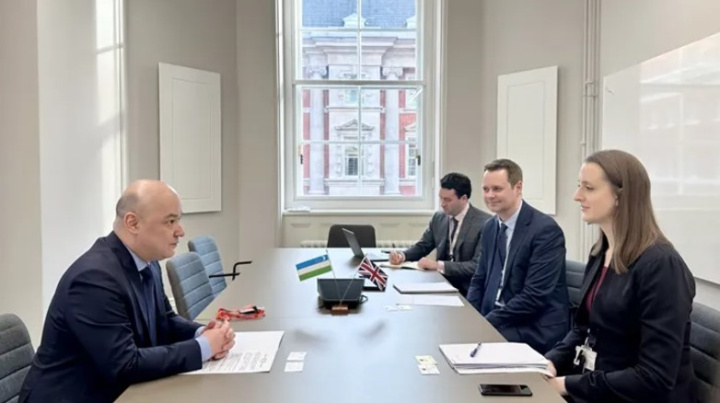Five laws harmonized with WTO agreements
The changes include legislation on intellectual property, advertising and pharmaceuticals.

Photo: Kun.uz
The law “On amendments and additions to certain legal documents of the Republic of Uzbekistan, providing for harmonization of the national legislation of the Republic of Uzbekistan with the agreements of the World Trade Organization” was signed by the president.
According to the law developed by the Ministry of Justice, amendments and additions were made to the laws “On inventions, utility models and industrial designs”, “On trademarks, service marks and names of place of origin”, “On advertising”, “On medicines and pharmaceutical activities” and “On state duty”.
In accordance with the requirements of the General Agreement on Trade in Services of the World Trade Organization, the amount of the state duty for the state registration of enterprises with foreign investments and local enterprises was set at 1 BCA. Before that, the duty for enterprises with foreign capital was 10 BCAs.
Also, in order to harmonize the national intellectual property system with the requirements of the WTO Agreement on Trade-Related Aspects of Intellectual Property Rights, the following provisions were introduced:
• the specific circumstances in which the government may allow its use without the permission of the patent owner and the payment of compensation to them;
• introducing special norms regarding obtaining the right to use an object of industrial property (patent) belonging to another person for the public interest on the basis of a compulsory license and the payment of proportional compensation to the patent owner for such use;
• clarification of the obligation of proof in disputes arising during the use of the patented method;
• cancellation of the statute of limitations for cancellation of registered trademarks due to unfair competition;
• creating the same opportunity for domestic and foreign applicants in the state registration of intellectual property objects, in particular, unifying the amount of patent duty for non-residents and residents, as well as setting these new rates for individuals and legal entities;
• in the state registration of inventions and utility models, 90% of the patent duty is granted to persons with disabilities of the II group, 30% to students, scientific and scientific-pedagogical employees, 25% to small business entities that are legal entities, state-accredited educational organizations and scientific organizations. to give
• supporting enterprises producing original medicines, in particular, protecting the results of pre-clinical and clinical trials obtained as a result of research conducted in the process of creating a drug;
• payment of compensation to the right holder in the specified amount even in cases where the objects of industrial property are used in natural disasters, accidents, epidemics and other emergency situations.
Related News

20:11 / 20.12.2024
Uzbekistan officially concludes WTO accession negotiations with the U.S.

15:37 / 10.12.2024
Uzbekistan secures Thailand’s support for WTO membership

15:36 / 09.12.2024
Uzbekistan completes WTO membership talks with Pakistan

16:38 / 05.12.2024



